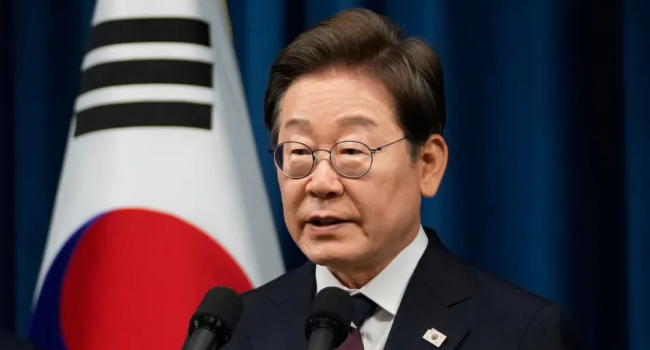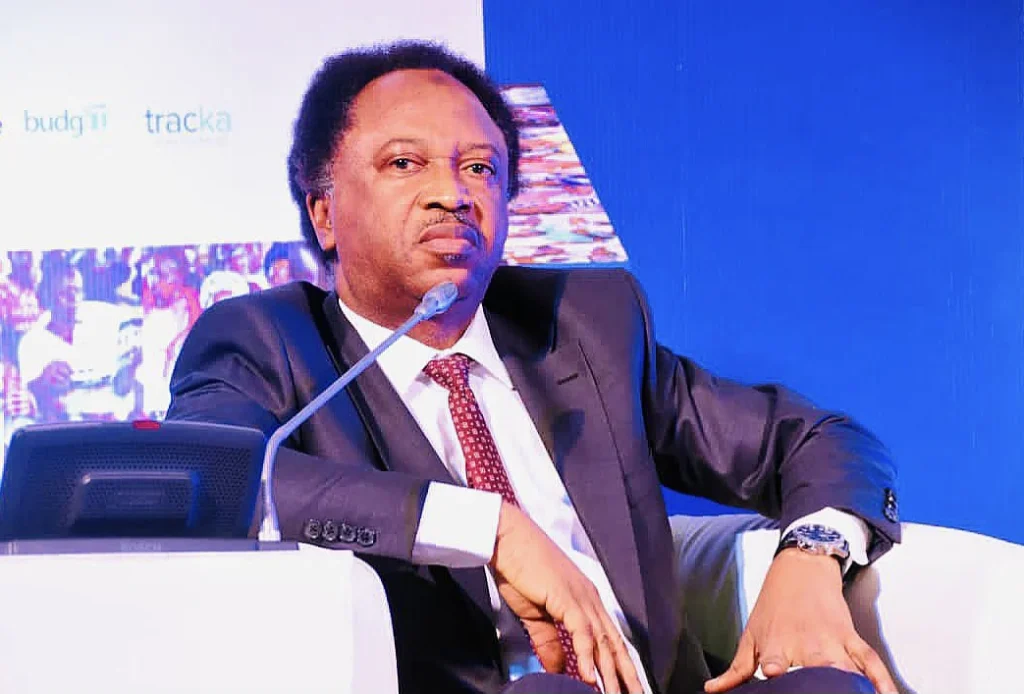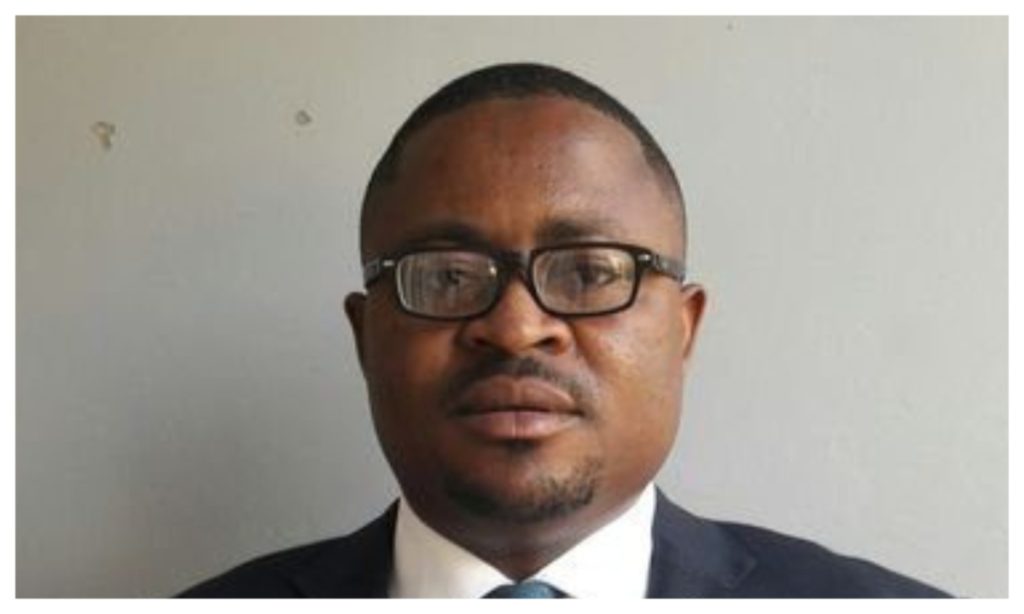Governor Caleb Mutfwang of Plateau State recently made a commitment to enhance land administration, fibre optics infrastructure, and the state’s revenue base.
Addressing magistrates at a training session, Mutfwang highlighted the significance of the exercise in advancing the objectives of his administration.
The training, conducted under the State Action on Enabling Business Reforms (SABER), focused on Small Claims Debt Recovery and Alternative Dispute Resolution with the aim of improving the ease of doing business and fostering economic development within the state.
Represented by his Deputy, Mrs Josephine Piyo, the Governor emphasized that the training was a pivotal step in achieving 8 Disbursement Linked Indicators (DLIs), which are geared towards reducing the time spent on resolving disputes related to small claims and debt recovery.
He further explained, “This training would equip magistrates in the state with the requisite knowledge, skills, and strategies on Small Claims Practice Direction and Alternative Dispute Resolution (ADR) to empower them to facilitate speedy dispute resolution and processing of small claims as it falls within their jurisdiction.
The primary goal is to create an enabling environment for businesses to thrive, ultimately enhancing the ease of doing business in the state and bolstering its economy.”
The Governor acknowledged the commitment of the State Judiciary to this cause and their eagerness to enhance their knowledge and skills.
Samari Modibo, Head of the Programme Monitoring and Results Delivery Office (PMRDO), emphasized the significance of efficient dispute resolution as a critical factor in attracting and retaining investments.
He noted that when businesses have trust in a fair and efficient legal system, they are more likely to establish and grow their operations.
Furthermore, he highlighted the traditional court proceedings’ time-consuming and expensive nature, which poses significant obstacles for parties seeking resolutions.
According to Modibo, the state government’s initiative to provide Alternative Dispute Resolution methods offers an opportunity to resolve disputes in a more cost-effective and timely manner – providing flexibility, privacy, and the potential for creative solutions beyond what the court system alone can offer.
He added that the training would delve into the details of Small Claims Practice Direction (SCPD) and Alternative Dispute Resolution (ADR) for the magistrates to learn best practices, techniques, and the necessary tools to effectively implement the processes.
Additionally, he outlined that the training aims to help magistrates develop a deep understanding of the principles of fairness, impartiality, and justice that underpin Small Claims Debt Recovery and dispute resolutions.
Concluding, Modibo stressed the need for unified effort at all levels within the state to implement necessary reforms that will attract investments and drive sustainable economic growth.



